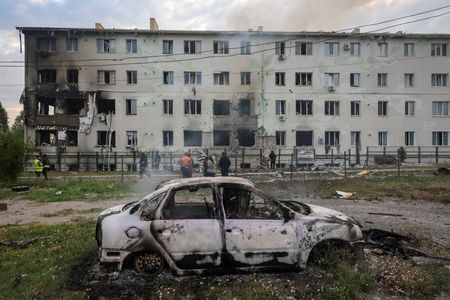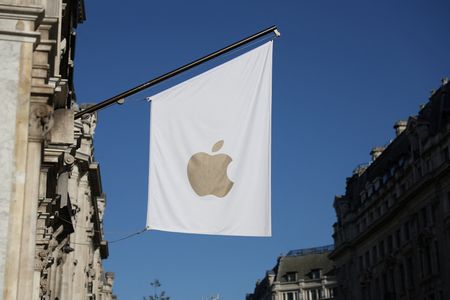MOSCOW (Reuters) -Brokerage customers of the Russian subsidiary of U.S. bank Citi have started receiving coupon payments on securities frozen in Europe by Western sanctions, according to Russian law firms, citing their clients.
Citi did not immediately respond to a request for comment.
Western sanctions imposed in June 2022 on Russia’s National Settlement Depository (NSD) in response to Russia’s military offensive in Ukraine led to Russian investors’ holdings in European depositories Euroclear and Clearstream being frozen.
Around $300 billion of Russia’s sovereign assets were frozen by sanctions, but millions of private investors were also affected.
“Since the evening of April 9, Citibank clients have started receiving coupon payments and settlements that were for a long time considered frozen,” Wealth IQ lawyers said in a report.
“We are talking only about Citi Russia and only about money (not securities).”
The volume of funds being released was not immediately clear.
The Delcredere law firm said it had received a number of permits from the Belgian Treasury to withdraw blocked money from Citi clients in Russia.
The Belgian finance ministry declined to comment, citing EU regulations the prohibit the disclosure of certain information related to Ukraine.
This movement of funds may be unique because Citi is not under sanctions and has a direct account with Euroclear, Elena Ryazanova, deputy director of Sinara Investment Bank’s legal department said on Telegram. Most major Russian banks are blocked from such transactions by sanctions.
($1 = 84.2500 roubles)
(Reporting by Elena Fabrichnaya in Moscow and Alexander Marrow in London; Editing by Mark Potter and David Evans)









